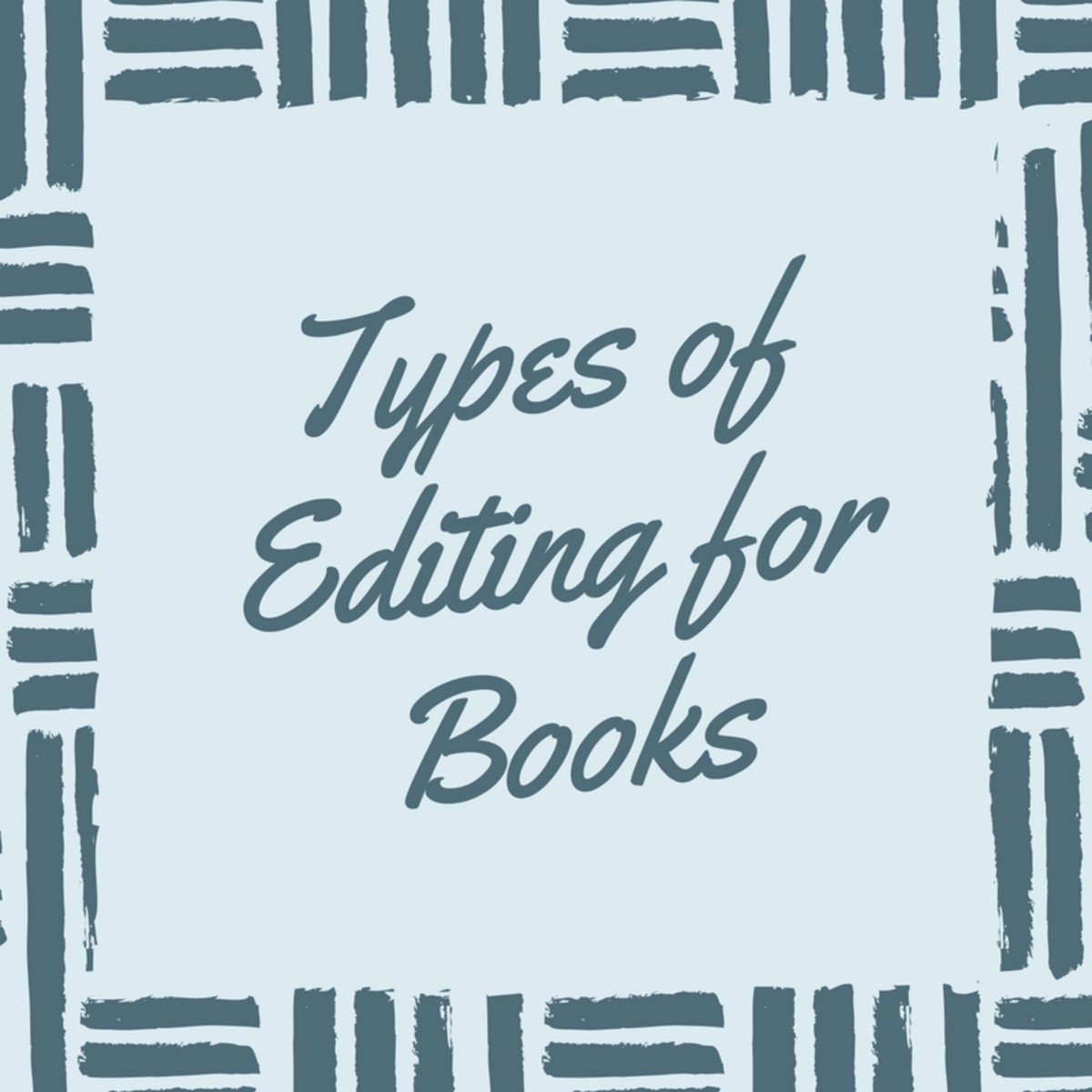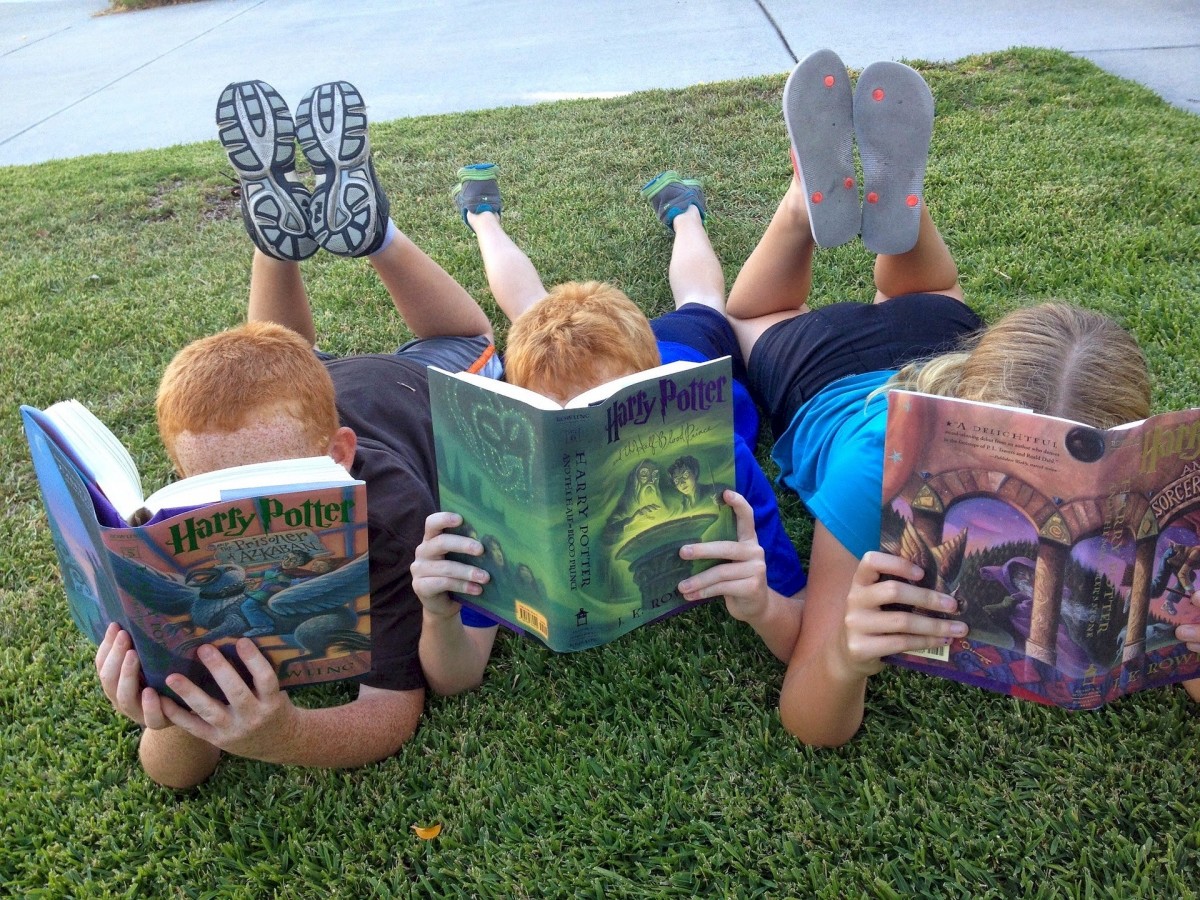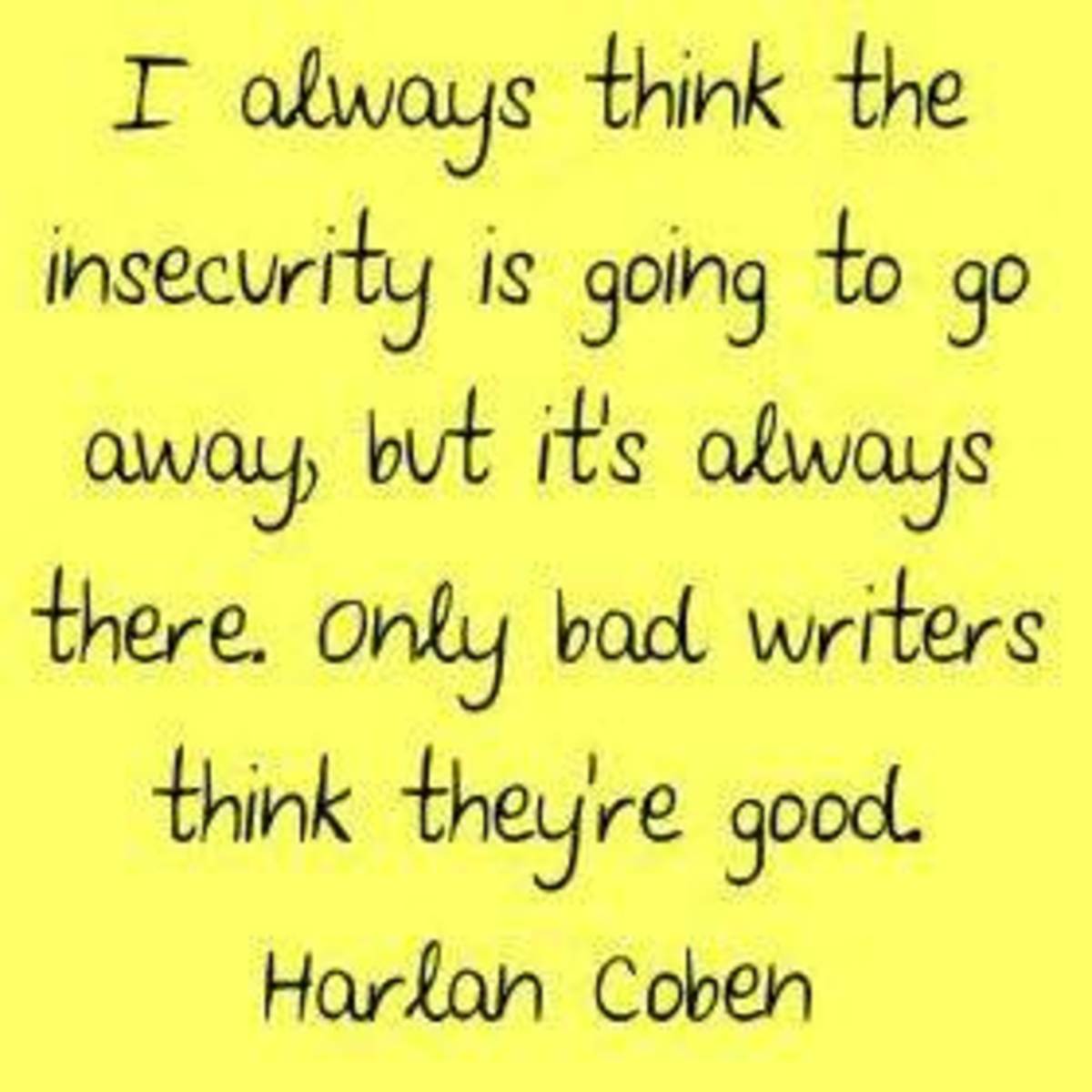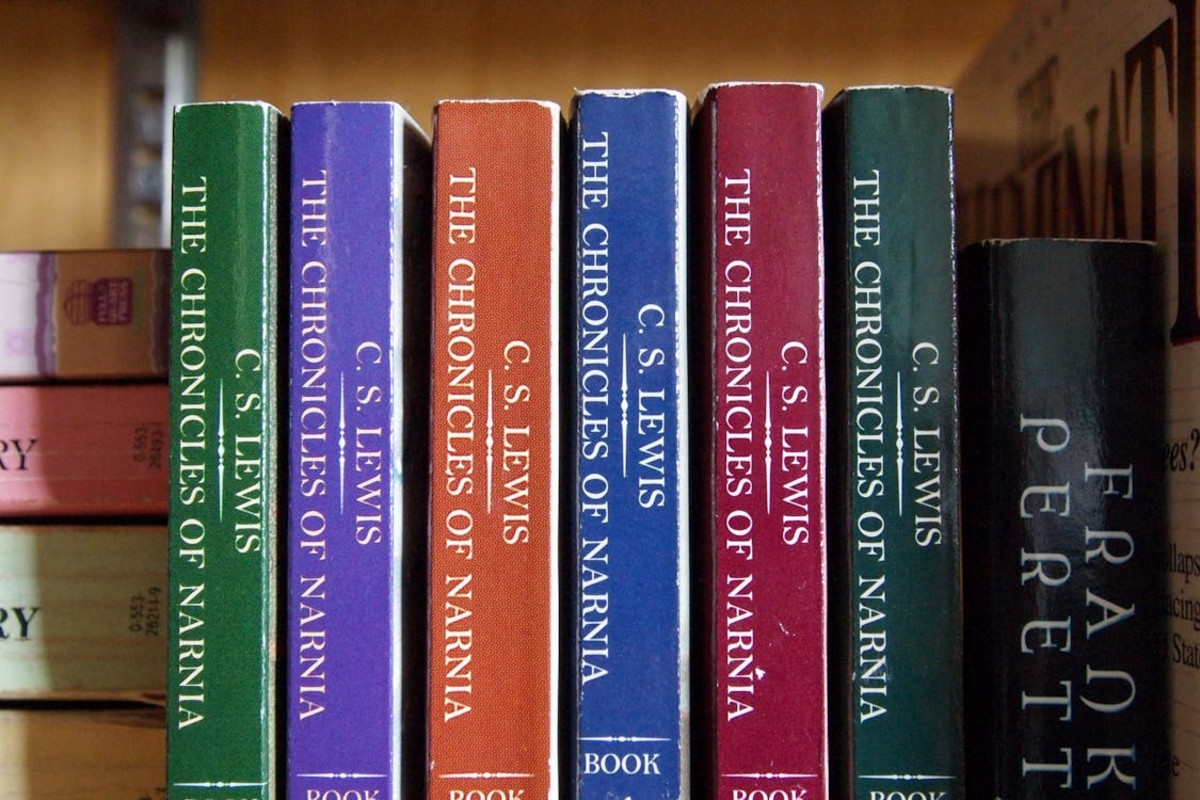- HubPages»
- Books, Literature, and Writing»
- How to Write»
- How to Get Published
Publishing Tips for First Time Authors

Getting Ready to Publish: Tips for Success
So you’ve written your first novel and you think its pretty good. You’d like to send it to a publisher for consideration but don’t know where to begin. Well you’re in excellent company, as most first time novelists have no idea how to go about getting their work published. The catch 22 is that if you don’t know what you’re doing, you’re likely to put off most publishers and consequently, your book will likely end up in the trash. That is not because it isn’t worthy of publication. It is because you did not follow the golden rules established by respective publishing houses and therefore, they did not even crack the cover. There are several rules of thumb when getting ready to publish your book. The following are a few tips that you should know before moving forward.
Have Others Read Your Work First
Have your book read by a few objective people. Objective people are those that will be brutally honest with you no matter how much they love you. They are avid readers with a keen eye for detail and a well-crafted story. Just because you think your book is good does not mean the general public will agree. Many of us write according to what inspires us or what we have knowledge about. The stories we craft are often immensely personal. We can envision our characters and scenarios so vividly that it seems almost effortless to commit them to paper. The problem is that because we see the details of our novel in our mind’s eye, we may overlook critical details when actually writing about them. In other words, we may assume that others visualize things the way we see them in our mind, but how could they, if we don’t do a bang-up job of writing about them? By getting others to read your book, you can solicit helpful comments about what crucial details you might have overlooked. My first novel began as a short story. I had a friend read it and she said, "I loved it, but I wanted to know more. The story was too short to fully develop the characters. I wanted to know what happened to the main characters after they had their affair. What were the consequences?" I took her advice to heart and my 34 page short story was transformed into a 372 page novel!
Get Edited
Meticulous editing is crucial to your book’s success. While it is true that publishers have an editorial staff, they are going to expect that your manuscript is as close to flawless as it can get when it lands on their desk. This means that you need to read and re-read your novel and ask your personal book reviewers to do the same. Before submitting a manuscript you must assure that all spelling, grammatical and punctuation errors have been corrected. If editing is not your forte, you can pay someone to do the editorial work for you before you submit your manuscript. You may also consider hiring an agent who may assist you in this regard.
Do not rely on your computer’s spelling and grammar checking feature, as it will not catch every mistake. Sometimes we misspell our intended word, but the misspelled word is actually another word that is spelled correctly! Confused? Here’s an example. In your manuscript, you meant to type, “He wanted to sing aloud so that the rest of his quiet neighborhood could share in his joy.” But instead, you typed, “He wanted to sign aloud so that the rest of his quiet neighborhood could share in this joy.” Did you catch the two mistakes in the second sentence? The word SIGN vs. SING and the word THIS vs. HIS. My spell check would not identify these words as mistakes because SIGN and THIS are both legitimate words. They were not the words I wanted, but the computer didn’t know that. The point is that if you are relying on the presence of red or green underlining to point out your errors, you are going to miss at least half of them.
Writers must also beware of common punctuation and grammatical traps. We’ve talked about the importance of editing, but there are a few common mistakes that writers make without realizing that they are mistakes. Consequently, they do not correct them. One such mistake is the use of an apostrophe in the word its. Remember that the apostrophe is only used when the word it is meant as a contraction (it is…it’s). When the word is in its possessive form (as I just used it), there is no apostrophe. That is contrary to how we use apostrophes for the possessive form of other words. For example: “The book’s plot…”, “Jason’s favorite toy…”, etc.
Another common mistake is the use of the word ‘which’ instead of ‘that’. ‘Which’ is a word that typically differentiates between two things, i.e. “Which of the two cookies would you like?”. The word ‘that’ refers to a specific object, i.e. “I would like that cookie.”
WRONG: A new puppy is the thing which would make me happiest.
RIGHT: A new puppy is the thing that would make me happiest.
Fact Checking
Editing should also include fact checking. If you are writing about a fictitious person or place that is one thing, but if you are writing about actual places, people or events, you will need to be sure that your facts are correct. For example, make sure that days and dates correspond to actual dates in time (i.e. don’t write, “On Thursday, October 31, 2010…” because October 31 was actually on a Sunday in 2010. That seems like a small detail, but even the most obscure details can be important. There is always someone astute enough to identify your mistake.
Follow Submission Guidelines
Follow the submission guidelines of respective publishers. You will likely be sending your manuscript to dozens or even hundreds of publishers before you receive an offer to publish. Each publisher will have an individualized set of criteria for submission. These criteria include such things as:
- Submission time frames (if a publisher accepts submissions from April through July each year, do not send a manuscript in August)
- Some publishers do not accept work from writers that are not represented by an agent. If you do not have an agent, do not submit to such a publisher.
- Some publishers will not accept unsolicited manuscripts.
- Most publishers have preferred genres. If you have written a work of fiction, do not submit to a publisher that publishes only non-fiction. Do not send your erotic manuscript to the Christian publishing house. You get the idea.
- Some publishers refuse to accept electronic manuscript submissions. While this is far easier and much more cost effective, there are still houses that want to have a hard copy manuscript sent to them at your expense. If you try to send an e-copy, it will be deleted without review.
- Many publishers will have formatting requirements. You may have completed your manuscript in a style that has to be reformatted time and again to meet the various standards of respective publishers. Yes, it is a pain in the butt to do so, but it is worth it, because if you don’t, your manuscript will not be reviewed.
- Most publishers will not respond to having received your manuscript if they are not interested in publishing it. They do not appreciate receiving emails, phone calls and other methods of follow up. If they want to contact you, they will. Therefore, many publishers include an expected time frame for response in their submission guidelines. Familiarize yourself with these timeframes. If you can expect a response within six to eight weeks and you do not get one after nine or ten weeks, you may consider that a rejection.
Know What Genres are Preferred
If you are unsure of what publishers may be interested in your chosen genre, you may spend some time in the bookstore perusing other books with similar themes to see who publishes them. For example, I write a lot of work that includes a strong erotic element. Not all publishers are interested in that type of work. To find those that are, I spend time at booksellers such as Barnes and Noble and Borders, perusing titles in the romance and sexuality sections. I make a list of potential publishers and their contact information before returning home to investigate them more fully on the internet.
Track Your Submissions
Create a spreadsheet that tracks your submissions. This will help you to keep track of when your work was submitted and to whom. It should also record when to expect a response and what that response was, if any. Most importantly, it will help to assure that you do not submit your manuscript to the same publisher more than once.
Set Realistic Goals
Determine what your goals are for your book. Goals should be realistic. Yes, we would all like to imagine that we will receive a huge advance on our book, sell millions of copies, sit atop the New York Times best seller list, and eventually see the book made into a movie. But the reality is a bit more grim than that. Most books that are published will receive a small to modest circulation and are not likely to make you rich.
Choose the Right Type of Publisher
There is a vast difference between the so-called vanity publishers and traditional publishing houses. Vanity publishers will expect the writer to kick in the up front expenses of publication and marketing. This doesn’t mean that they aren’t credible publishers or that they will not work to market your book. After all, the more books you sell, the more money they make. That being said, you have to sell A LOT of books before you can expect to see much in the way of profits. One reason that writers who can afford it tend to choose vanity publishers is that it is admittedly easier to find one that will accept your manuscript. They turn out far more titles per year than traditional publishers and in some cases do not offer the tightest editing. In addition, some of the major booksellers refuse to work with some vanity publishers because of their reputations. Again, I am not criticizing all vanity publishers, but I am encouraging writers to do their homework before signing any contracts. The thrill of getting an acceptance letter is incredible, and as such, many writers may want to jump in with both feet before giving the traditional publishing process a fair chance.
Enter Contests
Enter contests. Writing contests are a great way to see if others like your work as much as you do. On occasion, a contest may also include editing and critique for an additional fee. Most contests require an entry fee, but it could be worth it for the chance to gain exposure for your work. Contest winners also have excellent meat for their writing resumes.
Consider Self-Publishing
If, after significant time and effort, you still have not secured a publisher, you may opt to self-publish. There are plenty of options for self-publishing, and many quality books that would not otherwise have the opportunity for publication are available through self- publishing. Self-publishing businesses such as Lulu.com are doing a burgeoning business. You can create your own cover art and layout, purchase an ISBN number, and also receive assistance with editing and marketing for an additional fee. It’s a great opportunity that can help many first time writers break into the publishing world.
Subscribe to Helpful Resources
Subscribe to publications such as the Writer’s Journal and others that offer helpful writing and publishing tips. This should include both hard copy and online publications, newsletters, writer's forums, etc. They also routinely feature contests that you may choose to enter.
Conclusion
In conclusion, writing is a highly personal form of self-expression. Rejection can be devastating and we can’t help but take it a little personally. Just remember, even J.K. Rowling was rejected before Harry Potter made her arguably the most famous author on the planet. So don’t give up. Just follow the golden rules and you’ll have a better shot at achieving your dream of success. Best of luck to you!
Other Great Writing Hubs
- Writing as Art
The topic for this hub actually came to me about a year ago when I facilitating a creative writing group at the local senior center. In preparation for our first class, I was perusing my ten-year-old... - Writing Exercises for Inspiration
Finding Daily Inspiration Its not always easy to keep writing when you lack the inspiration, but as any good writer will attest, it is crucial to do so. I have been as guilty as anyone when it comes to... - Grant Writing Tips
Grant Writing Tips Identify Your Sources In order to have the greatest chance for success in obtaining grants, you must first identify potential grant agencies. There are many agencies that provide...
Rate this Hub
© 2010 Jaynie2000












